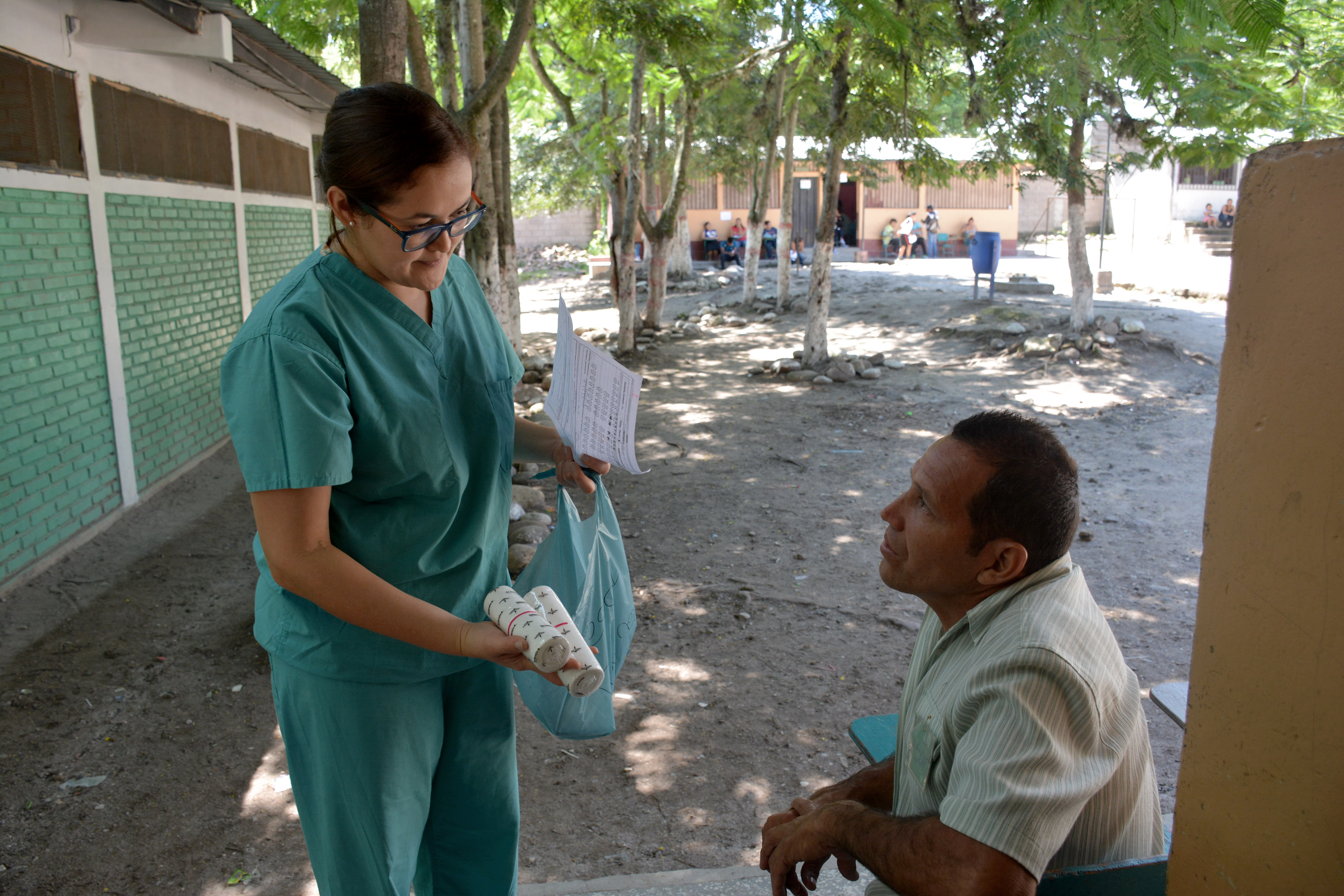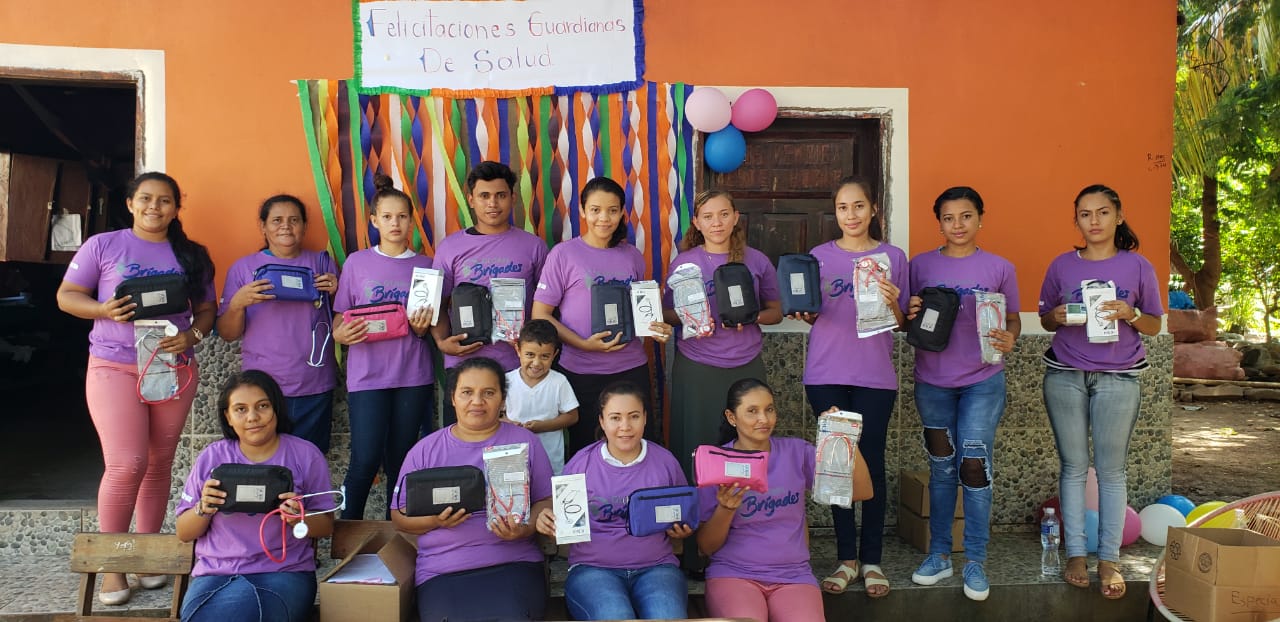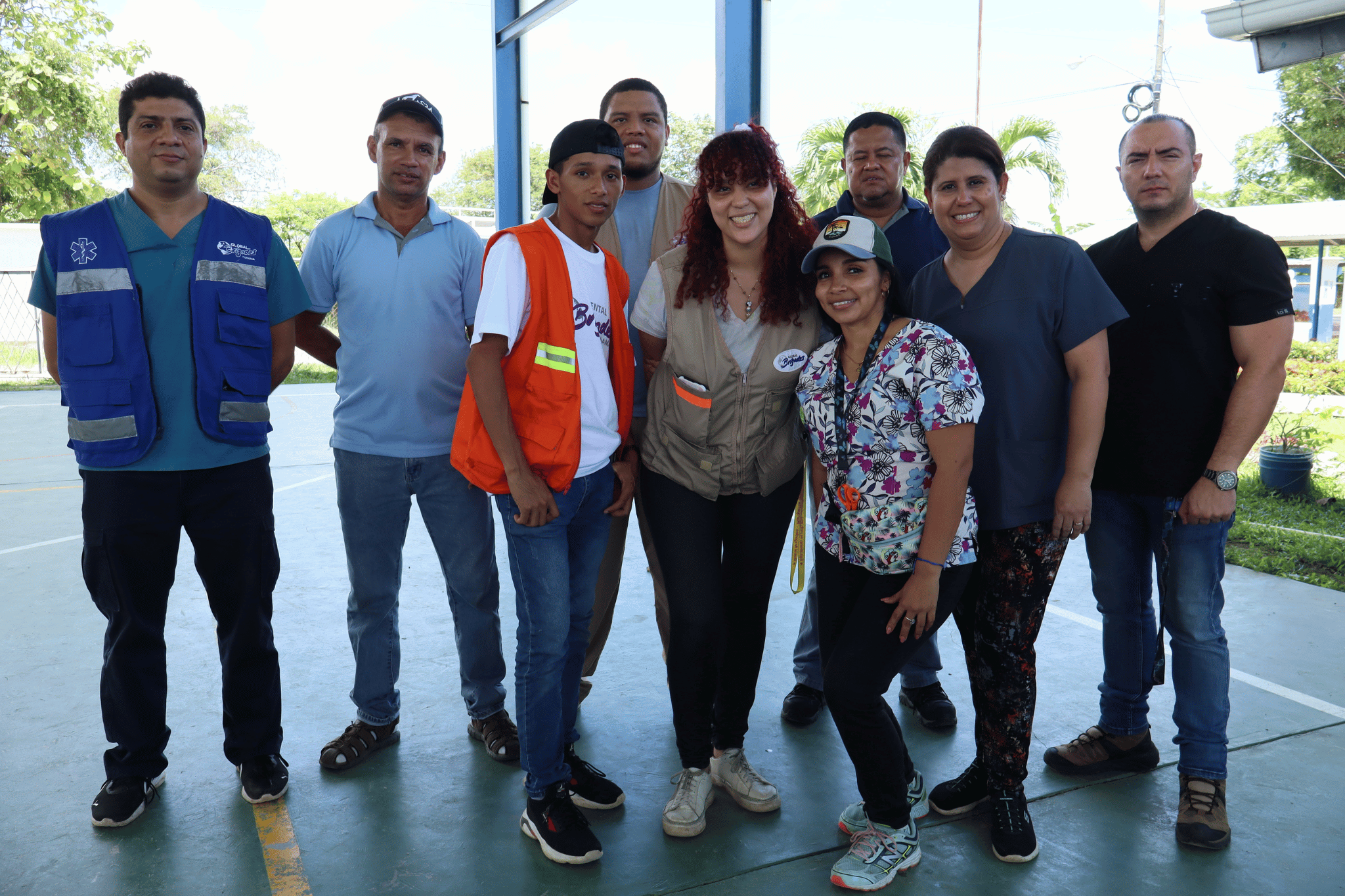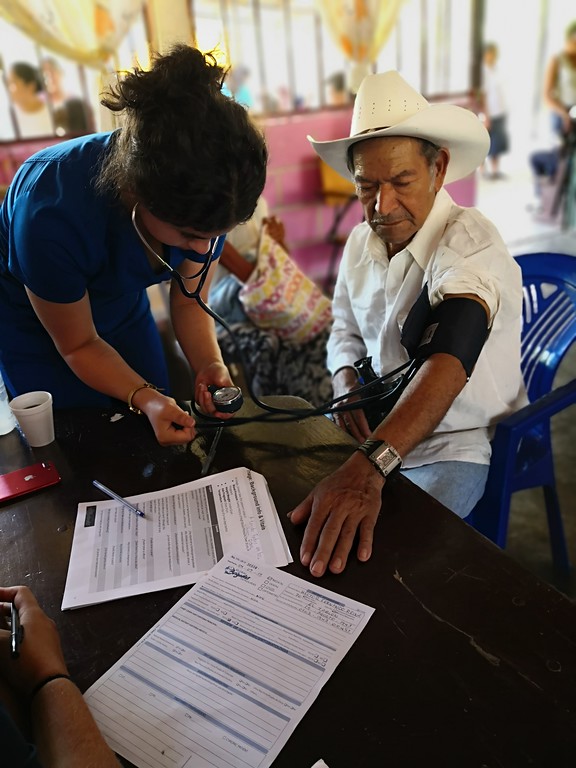By Medications Coordinator Maura Riordon
In Honduras alone, on one Medical Brigade, Global Brigades sends out approximately 9,000 tablets of acetaminophen (Tylenol), 6,000 tablets of ibuprofen (Advil), 2,000 tums, and 4,000 tablets of cetirizine and loratadine (allergy medications). In 2019, we expect a little over 100 Medical Brigades to Honduras, that would be over 900,000 tablets of acetaminophen, 600,000 tablets of ibuprofen, 200,000 tums, and 400,000 allergy pills. These are all over-the-counter medications that an American, Canadian, or European can normally get very easily at a corner store or local drugstore but a Honduran has difficulty getting in their rural community, either because they aren’t available or are too expensive to purchase. If these simple medications are hard to get, imagine trying to buy antibiotics, heart medications, diabetes medications, and blood pressure medications. For some, it can be next to impossible.
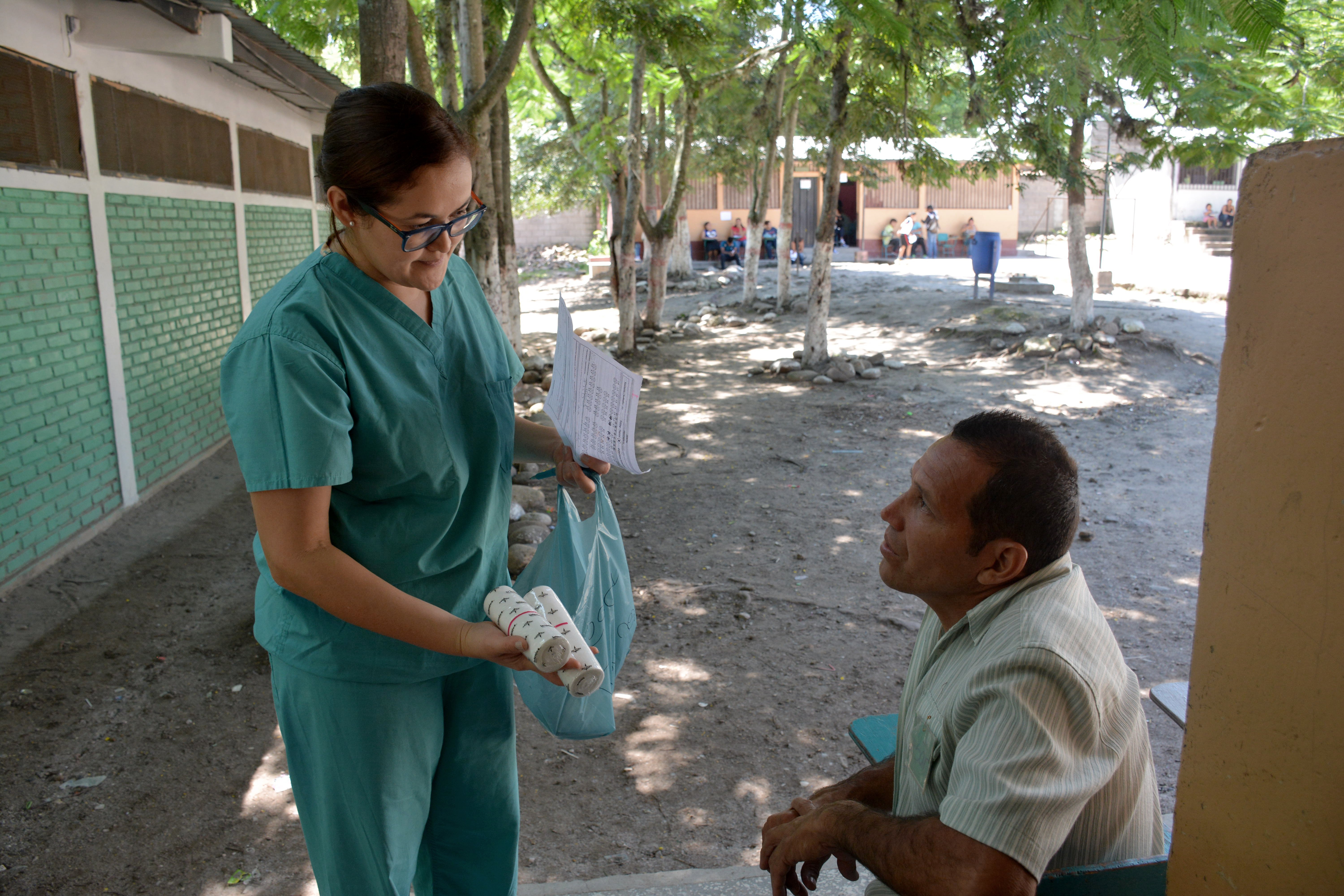
In the past, Medical Brigade groups used to bring their own medications with them on brigade. Volunteers had to fundraise for the medications, seek donations, figure out how to get them on the plane, pay for extra luggage, and worry about questions at customs. An example of a devastating situation was when one time all of the medications of a brigade group weren’t allowed to be checked to Honduras and the group had to do a Medical Brigade without any of the medications they had collected in the months prior to the brigade.
Since the fall of 2016, Global Brigades Medical Chapters no longer have to collect and/or order medications to bring with them on brigade. Global Brigades’ goal was to eliminate the hassle of each Medical Brigade ordering their own medications, which included finding a signing physician and transporting the medications to their brigade country, to avoid problems with state-side shipping and delays as well as potential loss of medications at borders or with customs. Since then, we have started receiving bulk orders of medications to our programming countries and the cost of the medications is included in the donation goal of each medical brigader.
Over the last couple of years, the GB Medications Coordinator has sought out new grant opportunities and donations to supplement the medications purchased in country and ordered from Blessings International. Each year, costs of medications are compared based on in-country quotes from local pharmacies and on the prices set by Blessings International each month. There are some medications that can only be purchased in-country, but there are also many medications that are more expensive in-country. Therefore, we purchase these more expensive medications from Blessings International at a lower cost or try to have them donated.
For example, we have two large partners that supply us with several pallets to a container full of donated medications and supplies every year. For the last few years, Vitamin Angels has donated to Global Brigades a year’s worth of prenatal vitamins for pregnant women, children’s multivitamins, albendazole for children, and starting December 2018, vitamin A. Furthermore, International Relief Teams has donated several containers of medications and a few supplies to Honduras to help offset the costs of purchasing so many medications to run a Medical Brigade.
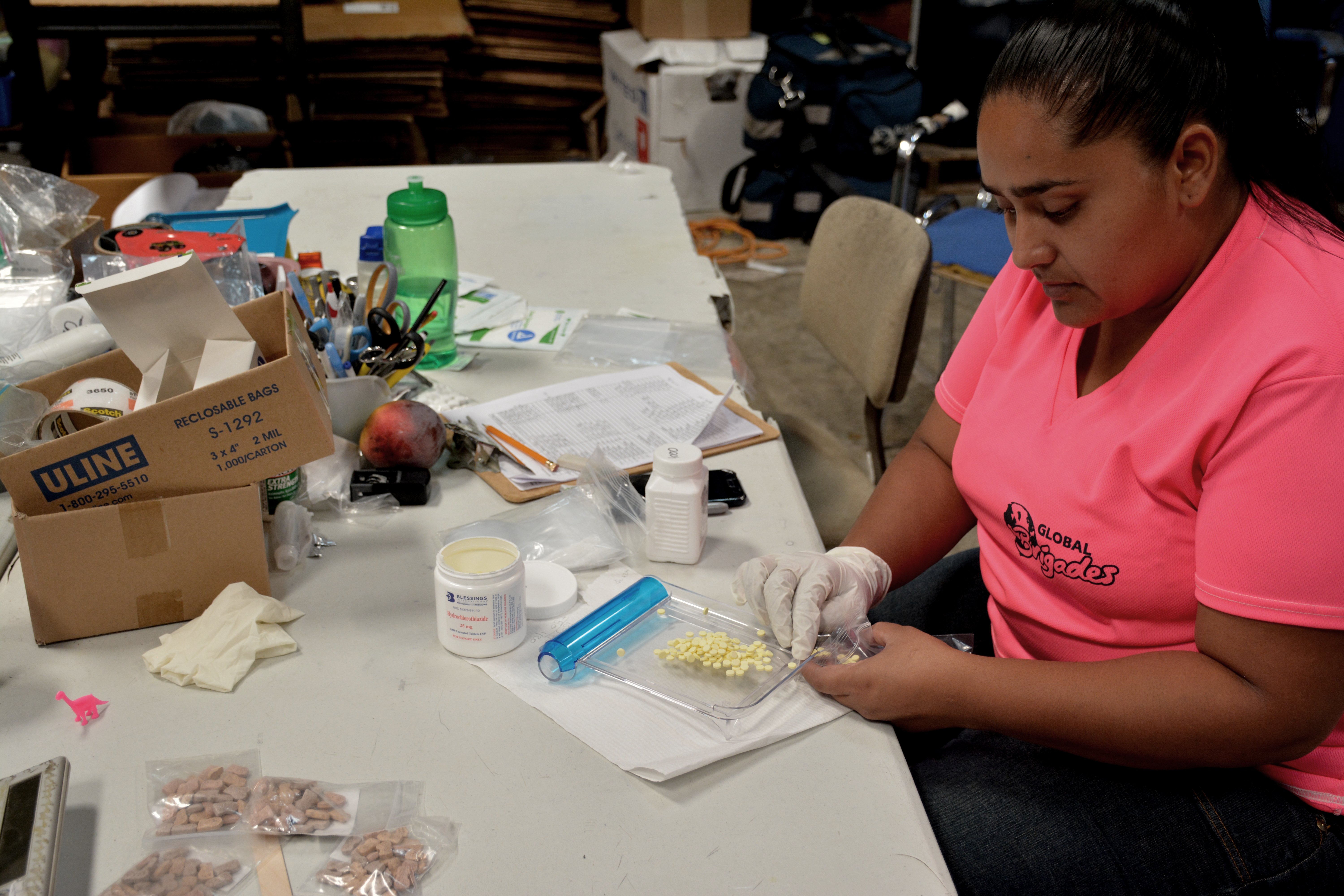
If brigade groups have access to receiving donations on campus, we always encourage groups to bring more medications and supplies to their programming country and to put in the effort at home to receive extra donations locally. Since we started purchasing medications in bulk, we have noticed a decline in donations from Global Brigades Chapters that always used to bring a lot of extra items. If you can receive items at no cost to bring on brigade, they are always a huge benefit to our community partners as there are certain non-essential items that we don’t purchase directly, but are still useful to patients that attend GB mobile medical clinics. For example, Dr. Luisa Castejon, the Pharmacy Manager in Honduras, suggests to bring non-medication items such as baby formula, a helpful donation to address malnutrition in our partner communities.
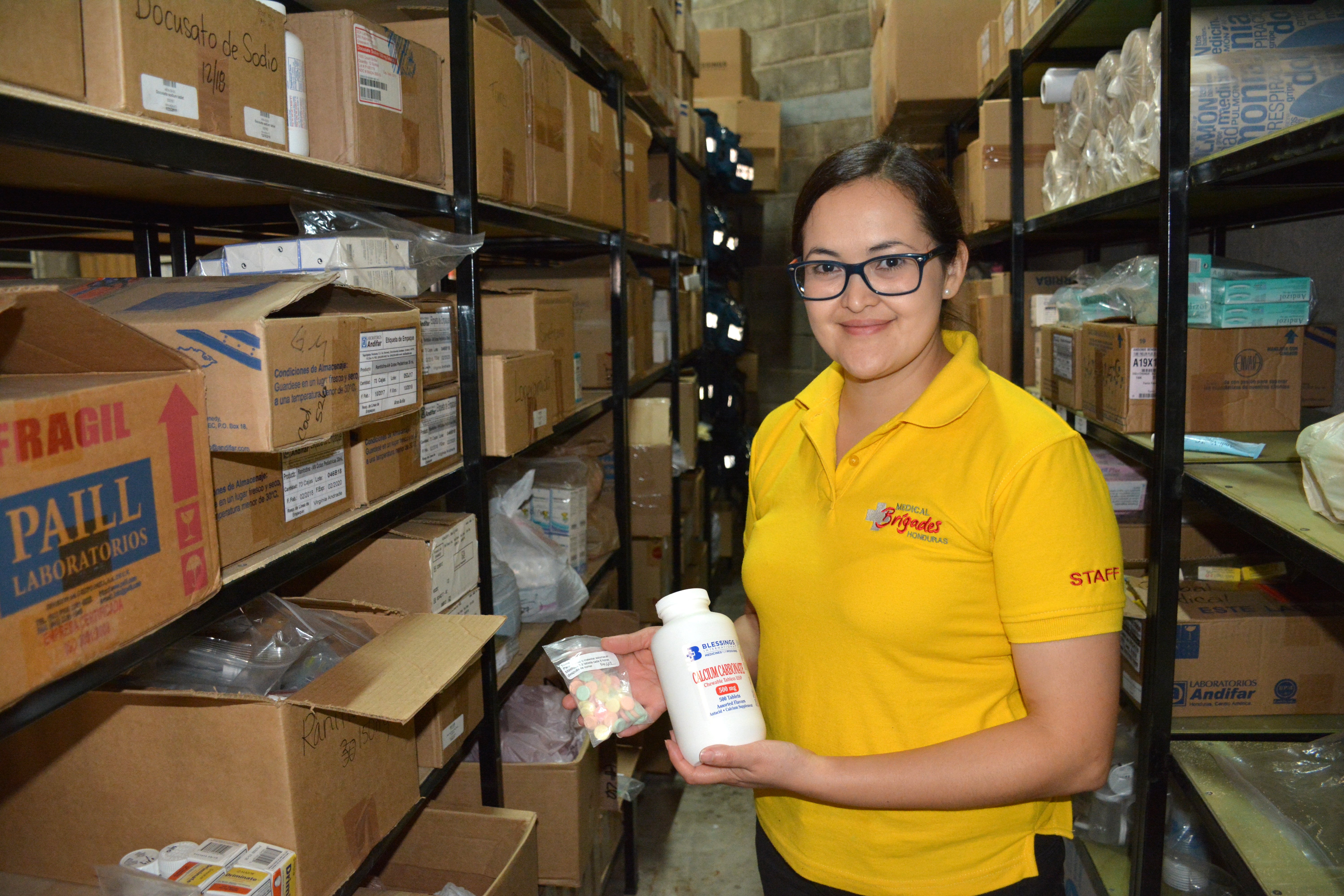
Without valuable donations like the ones listed above, the cost to run a Medical Brigade would be much higher and less accessible to volunteers. We are continually looking to create new partnerships and receive new donations. Therefore, if you know of any other organization that donates medications or supplies that would be a valuable partner for Global Brigades, reach out to the Medications Coordinator at medications@globalbrigades.org. Please continue to seek donations at home and fundraise to support your brigade and the work we do year round in programming countries. Let’s work together to continue to bring the accessibility of over-the-counter medications and prescription medications to our local community partners! Everyone deserves the right to access medications to improve their health!

